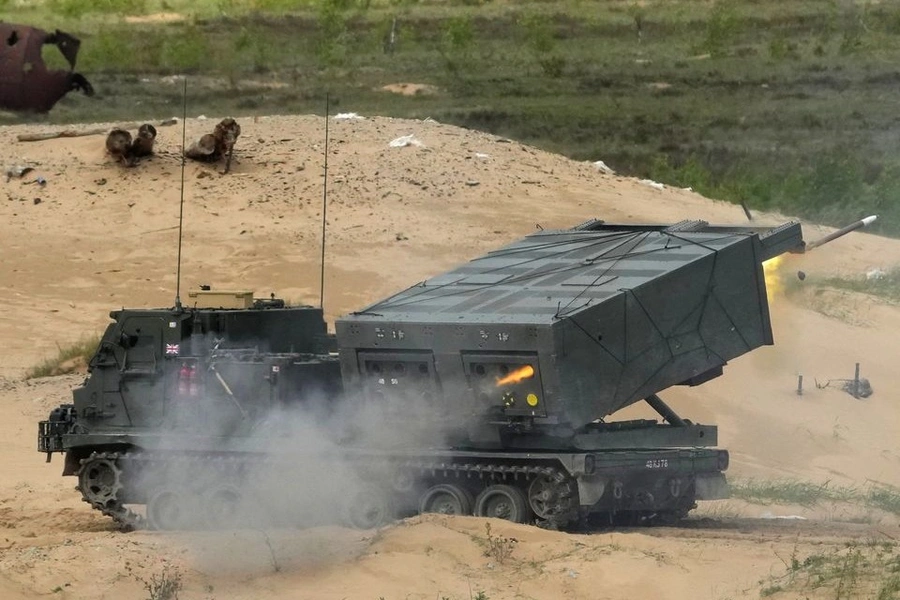
For months President Biden and his administration have warned of possible Russian cyberattacks against American infrastructure. On March 21, Biden urged American business leaders to harden their companies’ cyber defenses immediately. He said Russian President Putin is “likely to use cyberattacks as a form of retaliation” for U.S. actions to counter the Russian invasion into Ukraine. His alarm followed an FBI advisory that hackers with Russian internet addresses were scanning the networks of five U.S. energy companies. On April 18, U.S. officials ramped up warnings that Russian state actors are “looking for weaknesses in our systems.” Even though evolving intelligence indicates Russian planning for cyberattacks, none yet have emerged on American soil.
The U.S. provision of long-range rocket systems to Ukraine will not trigger a catastrophic campaign of Russian cyberattacks against American critical infrastructure, as long as Ukraine continues to only use the systems within its own territory. The reality is that the latest weapons transfers are not a significant escalation and will not lead Russia to expand its cyberattacks. Russian threat actors are devoting most of their resources to defending networks within their own country and attacking Ukrainian networks, and devoting resources to attacking the West would distract from the core Russian objective of capturing Ukrainian territory. This combination of Russian cyber priorities and the similarity between current weapons shipments and previous ones combine to ensure that Russia will not retaliate against the United States through cyberspace for providing rockets to Ukraine.














